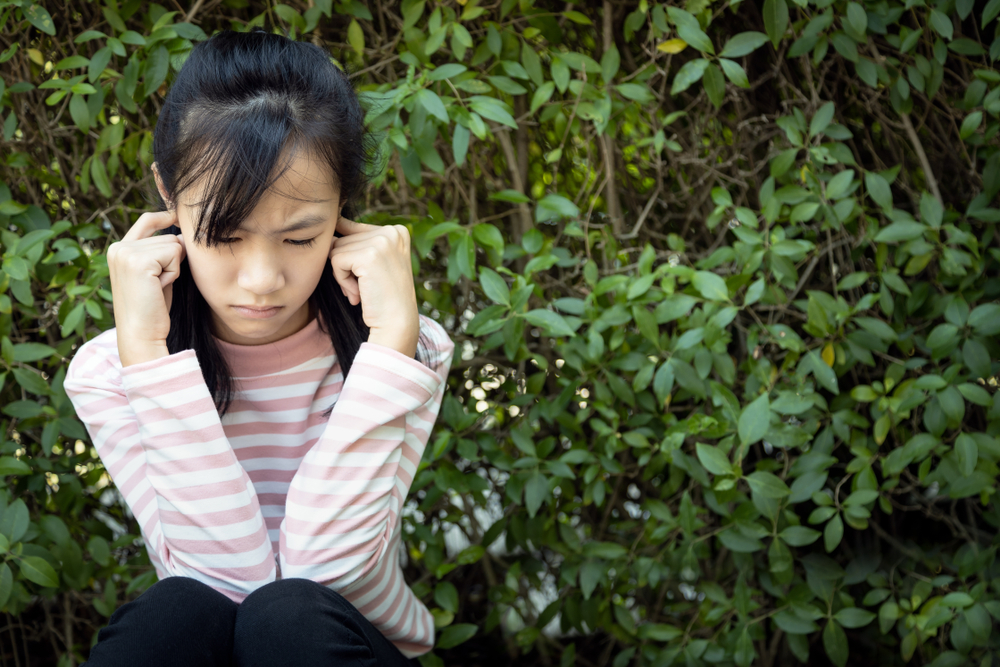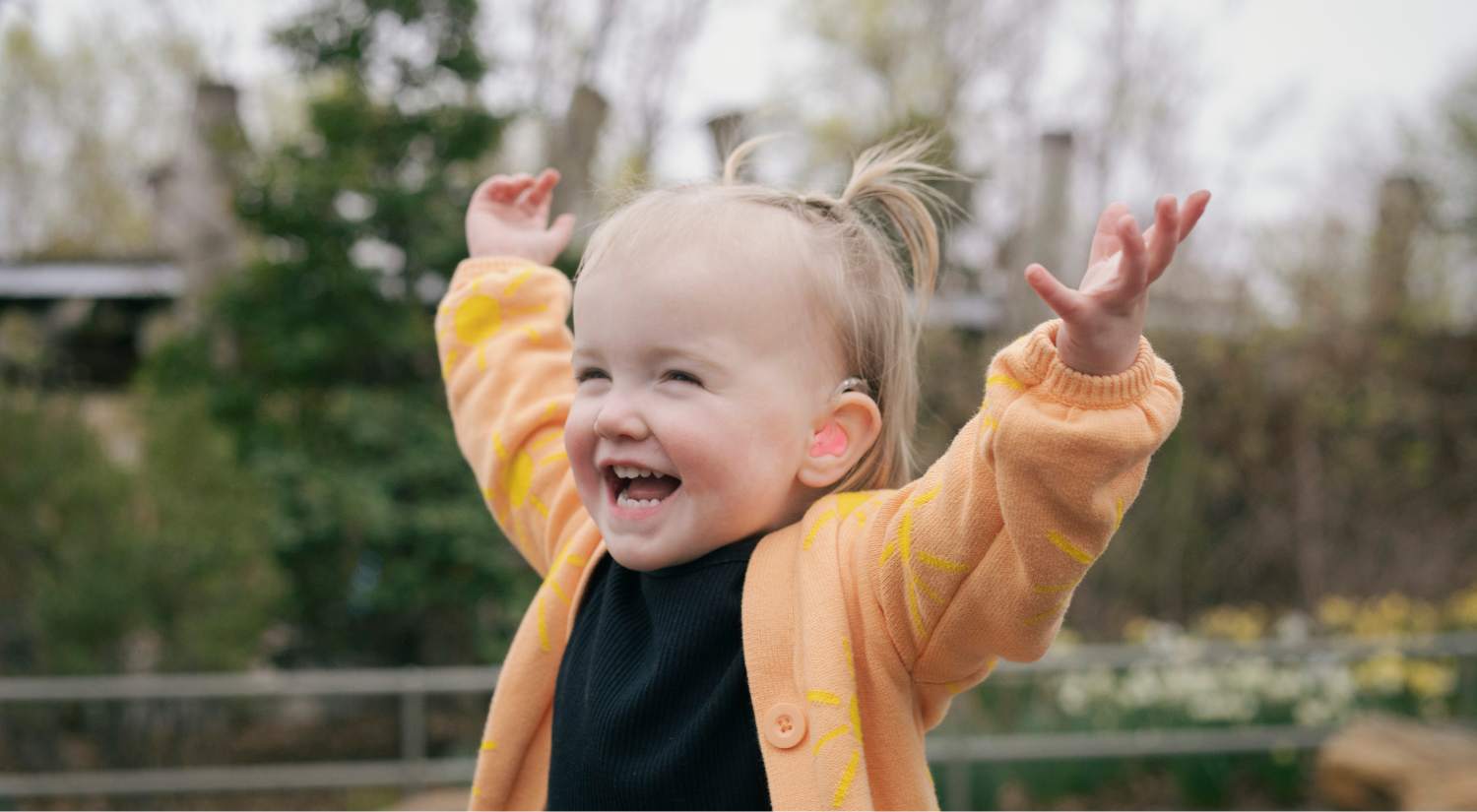A child or teen with misophonia has a negative reaction to hearing everyday sounds. It could be someone chewing loudly, the click of a pen, or the sound of someone breathing out of their mouth. They dislike, even hate, certain sounds and react to them. It could be one specific sound or several which may elicit a response. Let’s learn more about this disorder of adolescent misophonia: what parents should know.
Speculative Causes of Misophonia
There is no one specific cause for this disorder. Many believe it comes from a brain structure difference like more connections and activity in and between certain areas of the brain.
It is also thought to be related to genetics and a genetic mutation. This has not been proven and needs more study.
There does seem to be a link with the following:
- Attention deficit/hyperactivity disorder (ADHD)
- Autism spectrum disorder
- Tourette syndrome
There may also be an association with PTSD, obsessive compulsive disorder (OCD), or hearing-related conditions like hearing loss, tinnitus, or hyperacusis where everyday sounds seem much louder than they are.
Symptoms or Reactions to Trigger Sounds With Misophonia
A young person with misophonia can exhibit various reactions to certain sounds. Think of having a radio or TV on the highest volume. You would immediately want it to stop. A trigger sound can send someone with misophonia into “fight or flight” mode.
Irritations or annoyance can turn into anger. They may feel anxiety, disgust, and fear. Blood pressure may increase, they may have chest tightness, goosebumps, an increased heart rate, and they may begin to sweat.
Physically they may remove themselves from the area of the trigger sound, or they may shout at whatever or whoever is causing the sound.
This decreased tolerance to specific sounds are distressing and tend to create strong negative reactions emotionally, physiologically, and with behavioral responses.
Treating Misophonia In Oklahoma City and Tulsa
An audiologist at Hearts for Hearing is the best professional for a parent to turn to if you suspect your child is suffering from misophonia. After taking a careful inventory of trigger sounds and reactions, they will perform a thorough hearing evaluation.
Hearts for Hearing will provide recommendations for coping skills and how to deal with school issues.
In addition, you and your child will learn:
- Coping skills to reduce the intensity of reactions
- Tips to ease emotional stress
- Ways to reduce misophonia family-related tensions
- How to improve function at school and other social situations
Earplugs or noise canceling headphones or earbuds can help. Noise-generated devices with relaxing sounds like white, pink, or brown sounds, plus listening to something to keep the brain from focusing on the trigger sound may all be beneficial.
Parents can set up a quiet zone in their house so your child can find solace there.
It’s important not to wait for a child to become extremely reactive to these trigger sounds. Once you recognize the problem, get help.
If you suspect your child has signs of misophonia, contact Hearts for Hearing at 405.548.4300 for an evaluation and treatment plan.




